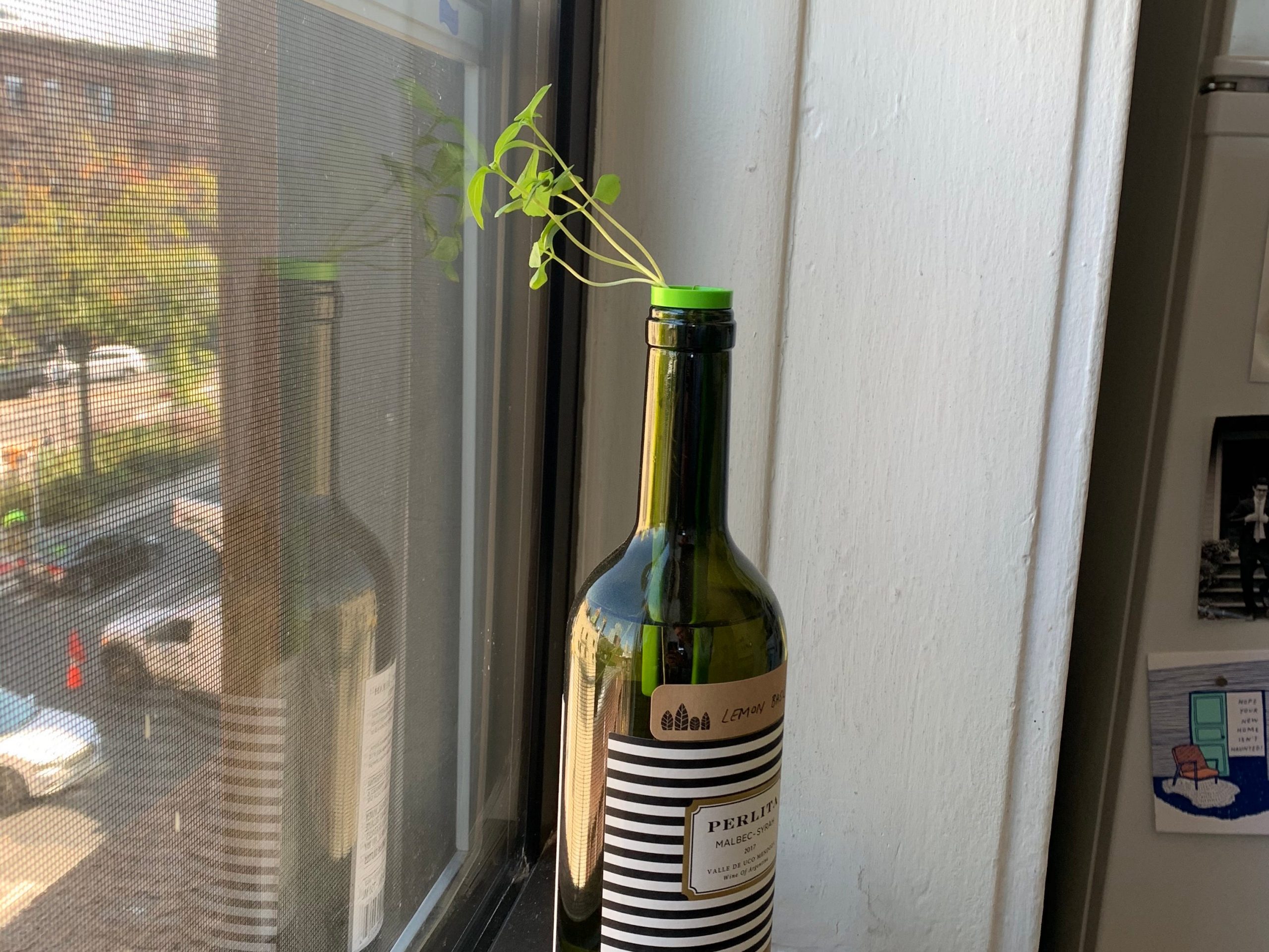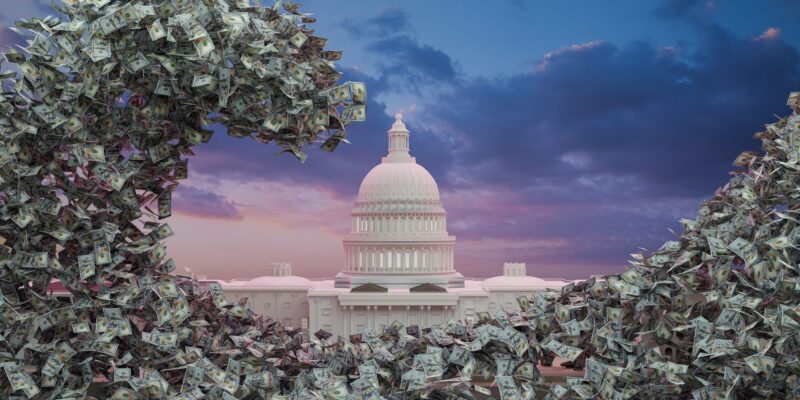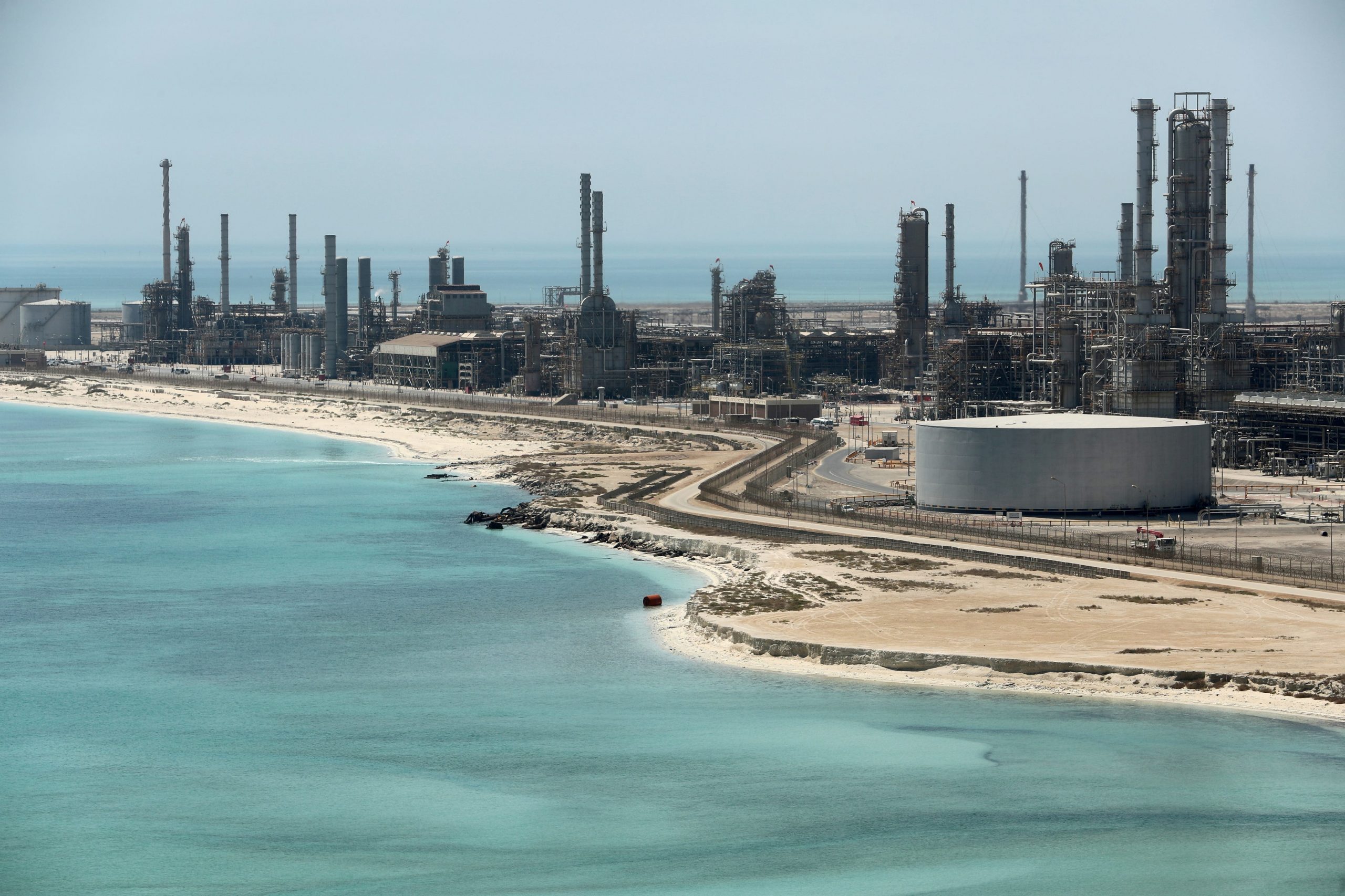
Ahmed Jadallah/Reuters
Welcome to Insider Energy, a weekly energy newsletter brought to you by Business Insider.
Here’s what you need to know:
- Want to get Insider Energy in your inbox every Friday? Sign up here.
- Do you have feedback or story tips? Reach out to me at [email protected].
- Reminder: We’re looking for a reporter/editor to help lead our coverage. Apply here.
I’ve been thinking a lot about that fly.
Speaking of surprise appearances at the VP debate Wednesday, fracking made a show — Mike Pence repeatedly said that Joe Biden and Kamala Harris want to ban the technology. Harris said they wouldn’t.
Fracking is a super common method of extracting oil and natural gas in the US, which involves some engineering magic like sideways drilling.
The technology turned America into a fossil-fuel powerhouse, starting around 2009. It also led to a surge in plastics and chemicals.
As I recently learned, pretty much everything that's not made of wood or cotton is made with chemicals derived from oil and gas, known as petrochemicals. Laundry detergent, diapers, antifreeze, hand sanitizer ... these chemicals are everywhere!
And Big Oil wants to keep it that way. Let's start there.
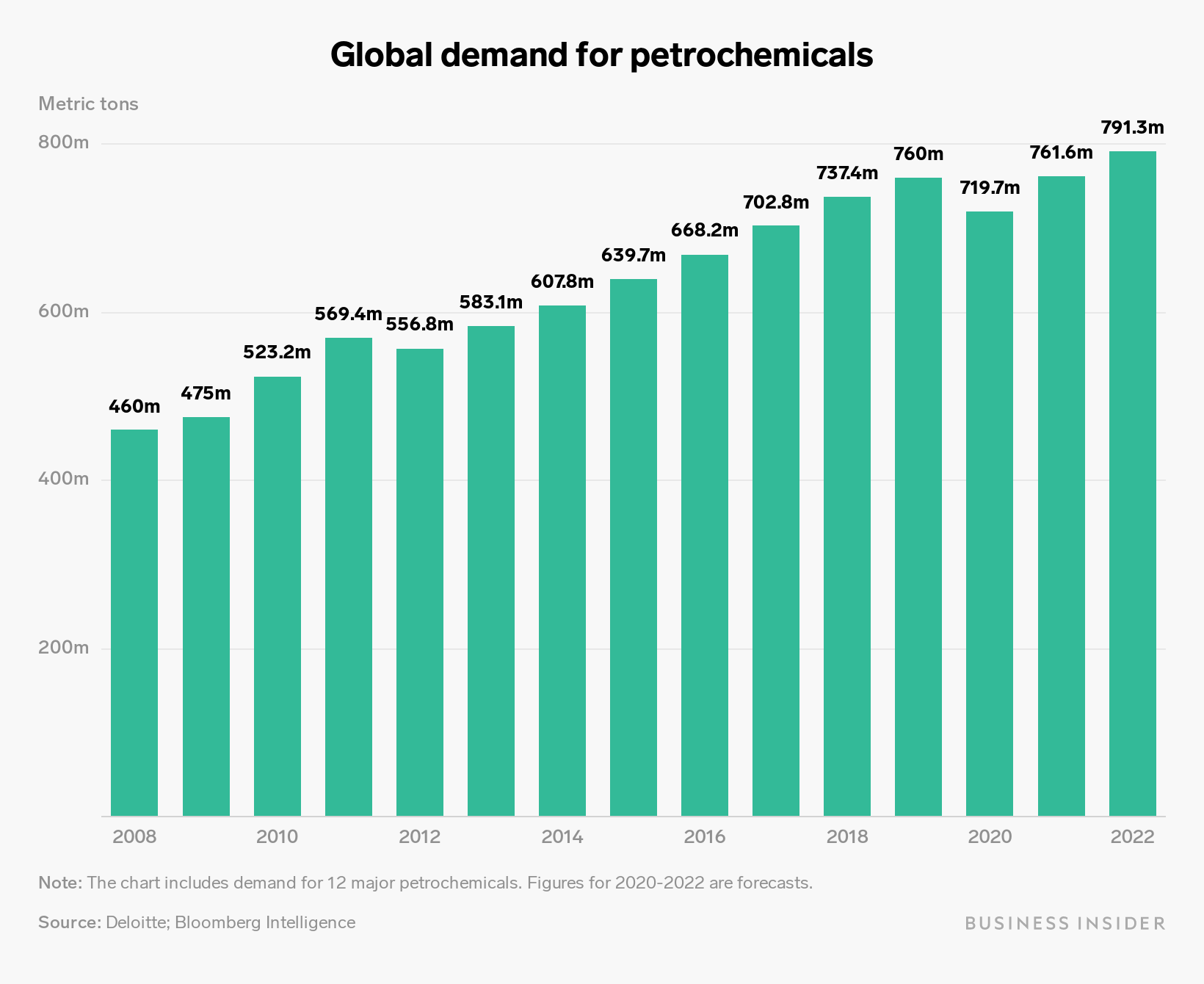
This obscure $400-billion industry might just save Big Oil
As we've written, clean energy sources like wind and hydro power will eventually dominate the global electricity mix, and EVs are set to replace gas-guzzling cars. That alone doesn't spell the end of big oil companies.
Reality check: Most of the world's largest fossil-fuel producers including Exxon and Shell have invested in a wide range of products to stay relevant including petrochemicals — which have grown into a gigantic industry.
- The US market was worth almost $400 billion last year, according to the American Chemistry Council.
Defined: Petrochemicals are chemicals derived from petroleum and natural gas.
- By quantity, the vast majority of chemicals out there — the stuff in disinfectants, detergents, everything in The Container Store — are, in fact, petrochemicals.
- My point being: The reach of this industry, backed by Big Oil, is almost unfathomable.
A lifeline: As oil giants stare down a future with fewer gas-powered cars, they're looking to petrochemicals to stay afloat.
- By 2050, petrochemicals are projected to overtake the transportation sector as the largest driver of growth in oil demand, according to the International Energy Agency.
- Top oil companies are adjusting accordingly, as we reported this week.
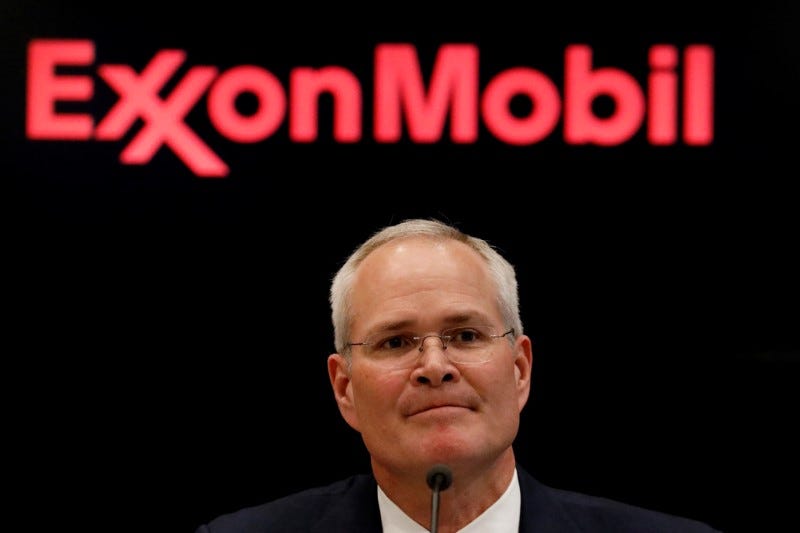
Reuters
Exxon's no good, very bad week
I mean, it's not like any of us had a good week. But Exxon's was particularly challenged.
- On Monday, the company announced that it was cutting up to 1,600 jobs across Europe, as part of a global restructuring. We got our hands on four documents that detail which divisions will shrink.
- Also on Monday, Bloomberg News reported that Exxon had plans to ramp up its carbon emissions by 17% by 2025, as its rivals looked to cut their carbon budgets. (Exxon said the story is inaccurate.)
- On Tuesday, Exxon CEO Darren Woods sent a letter to staff, reassuring them that oil and gas would be needed for decades to come. We obtained the letter, which also reveals some more details on how the company is trying to regain dominance after slipping.
- Then on Wednesday, the company lost its title as America's largest oil company, as its market value fell below Chevron's for the first time. Earlier in the week, NextEra, a renewable-energy giant, also overtook Exxon in market value. (Exxon's market value was greater than Chevron's again Friday morning.)
- On Thursday, the Church of England Pensions Board, which manages more than $3.6 billion, divested from Exxon, Bloomberg News reported.
What's going on? Exxon is trying to maintain its dividend and reputation as a stable employer even as oil prices fail to gain ground. They were down about 35% this year as of Friday morning.
- At the same time, investors are souring on companies that fail to set climate-change targets.
- Exxon is considered a laggard among oil companies when it comes to climate policy.
What next? More job cuts are likely as the restructuring carries on. The company is also doubling down on its oil resources in lower-cost regions including Guyana.
Do you have information on Exxon? You can reach me at [email protected] or through Signal/text at +1-646-768-1657.
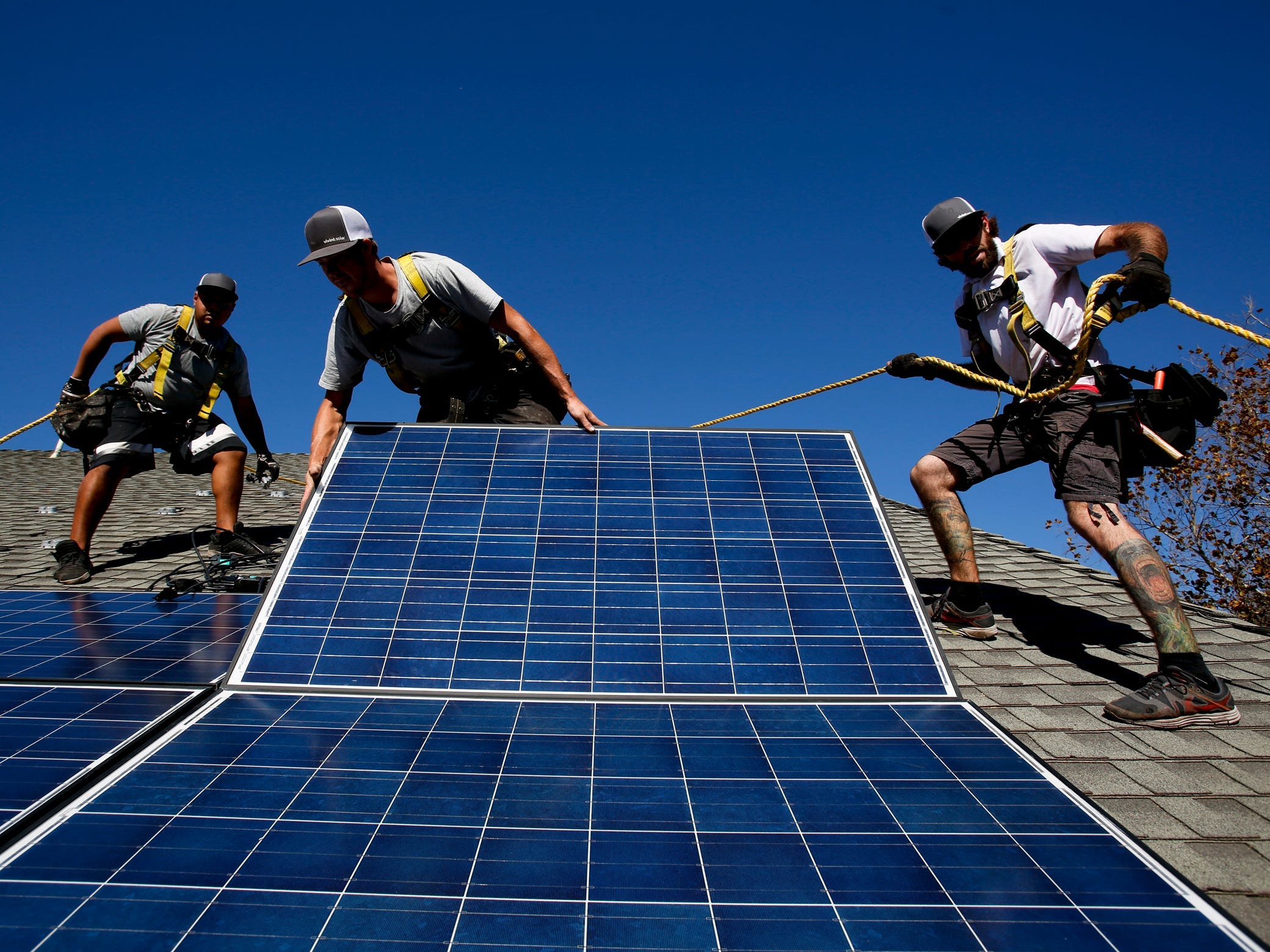
Anne Cusack/Los Angeles Times via Getty Images
Layoffs reach all corners of the energy industry
Two new reports this week detail the toll COVID-19 has taken on energy-industry jobs. It's not great.
Clean energy: Just under half a million clean-energy workers are still out of work from the pandemic, according to BW Research.
- The industry added 12,500 jobs back last month, and is recovering at a slower rate than the rest of the economy, the group said.
- California, to no surprise, has lost the largest number of positions.
Oil and gas: The fossil fuel industry, including chemicals, laid off 107,000 workers from March through August, according to a new Deloitte analysis.
- Bleaker still, as many as 70% of those jobs may not return by the end of 2021 in a business-as-usual scenario, the firm said.
- "Such large-scale layoffs, coupled with the heightening cyclicality in employment, are challenging the industry's reputation as a reliable employer," the report said.
In other news: Chevron is demanding its workers reapply for jobs as part of a global restructuring that's set to reduce its workforce by up to 15%.
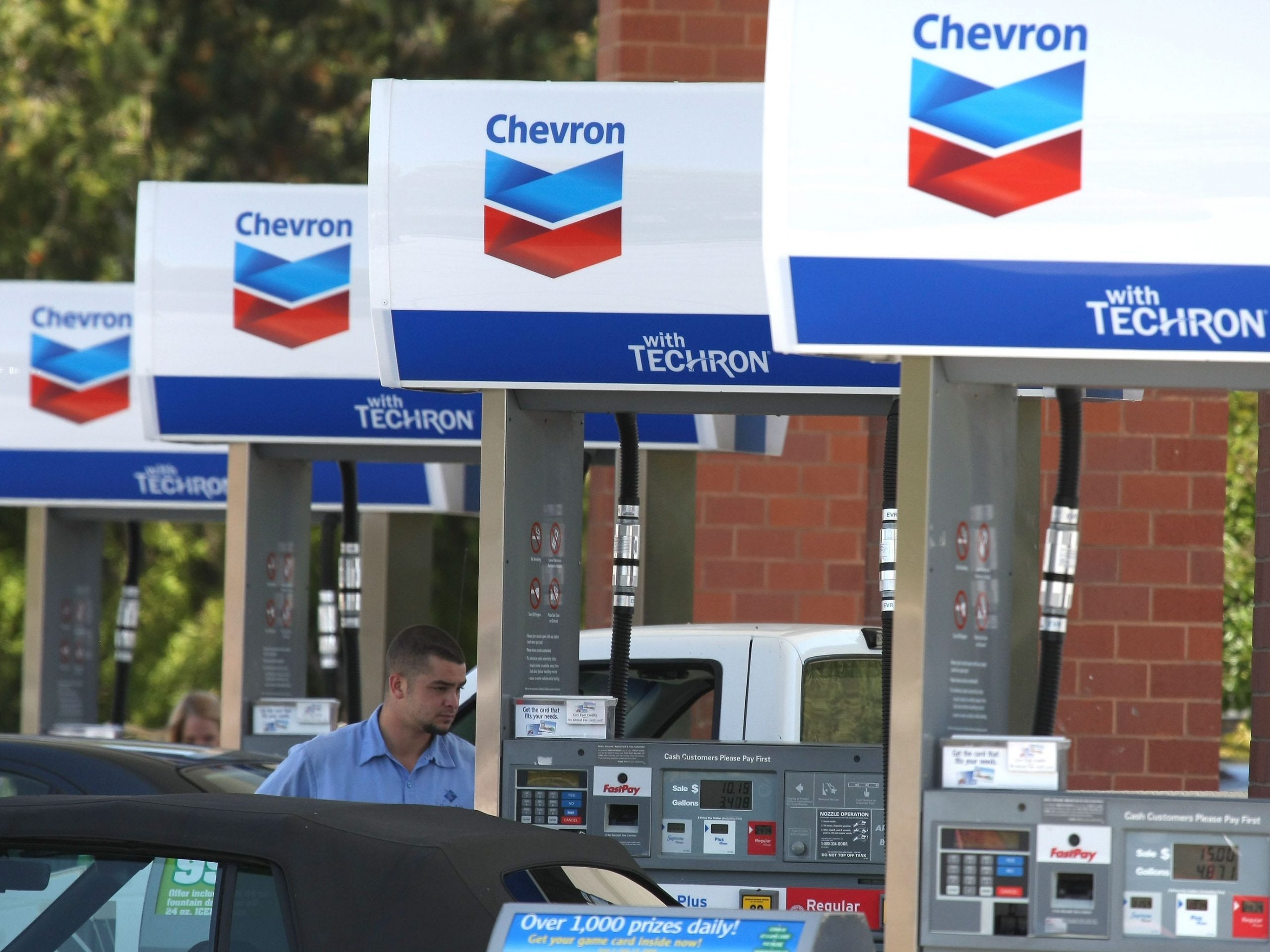
Will there be more mega-mergers? These top analysts think so — and list the most likely ones.
Chevron bought Noble Energy in a deal worth $5 billion. Devon Energy has agreed to acquire WPX Energy. Meanwhile, Sunrun took over Vivint Solar, a deal that closed this week.
Who's next? Morgan Stanley has some ideas. In a report Wednesday, the bank laid out 11 potential mega-mergers in the US energy industry (specific to oil and gas) that involve heavyweights like Exxon and Chevron.
- The energy industry is entering a new phase focused on returns, which is likely to bring a wave of consolidation, the bank said.
- The bank said the majors could use M&A to build out their renewable-energy divisions.
- You can see their list of "hypothetical" deals here.

Reuters
5 big stories we didn't cover this week
- JPMorgan, the nation's largest bank, said it would push clients to align with the Paris Climate Agreement, which requires global net-zero emissions by 2050.
- Oil prices are all over the place, so nothing's new. On Friday morning, Brent crude was up 6% from last Friday, when it tanked in the wake of Trump's coronavirus diagnosis.
- California fires hit a new and unfortunate milestone this week. The August complex fire surpassed 1 million acres and was dubbed a "gigafire," The Guardian reports.
- Amazon debuted its all-electric delivery van, built by Rivian, a Tesla rival.
- In yet another sign the hydrogen industry is booming, Hyundai delivered its first fuel-cell trucks this week, and global oil giant Total said it was betting on fuel-cell startup Hyzon Motors.
That's it! Have a great weekend.
- Benji
Ps. I planted basil in a wine bottle, merging my top interests.
